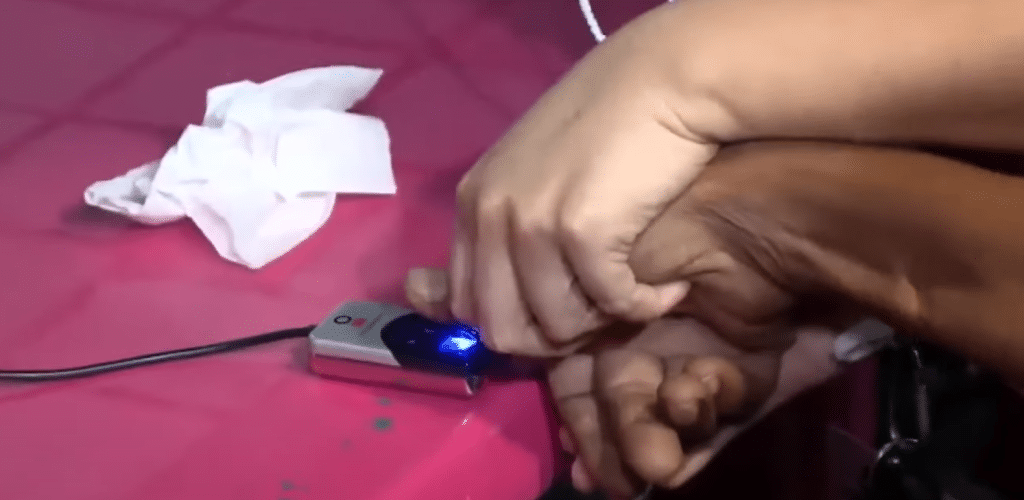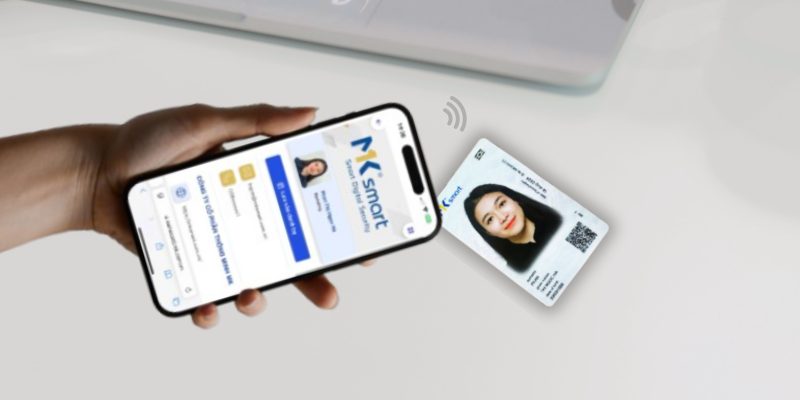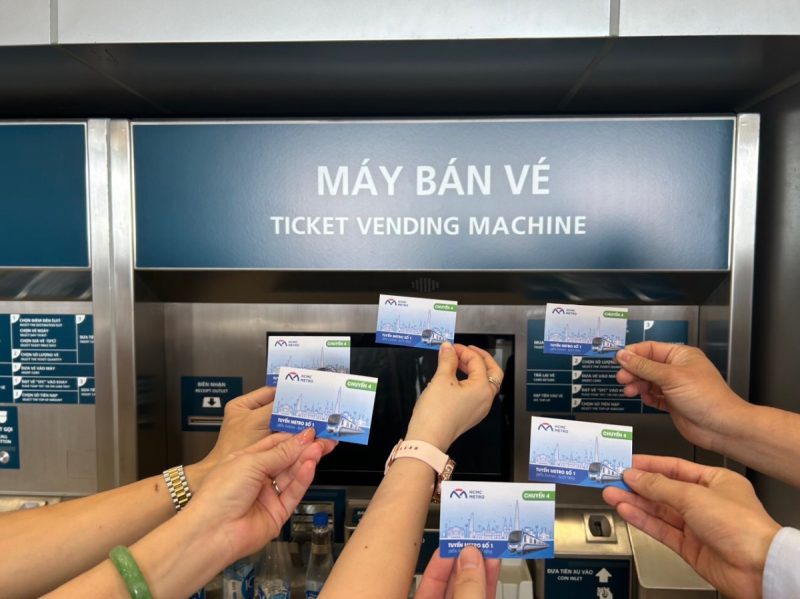Oplan Pag-Abot Project: DSWD in the Philippines Uses Biometrics and ID Cards to Connect Homeless Individuals to Essential Services
The Department of Social Welfare and Development (DSWD) in the Philippines has launched the Oplan Pag-Abot project to establish a central database of families, individuals, and children living on the streets. The DSWD is utilizing client biometrics and social workers’ interview assessments at designated processing centers to create profiles and connect them to essential services.

This database will enable the government to track the number of families in street situations, the status of those who have been contacted, their origins, and the reasons behind their circumstances. According to the DSWD, they will use this database to issue ID cards and implement interventions to provide what clients need to stay off the streets.
“We know that one of the fundamental human rights is the right to identification. This is the first step towards that goal,” explained DSWD Secretary Rex Gatchalian in an interview with the local news outlet News Breaker, as mentioned in an official statement. “After DSWD’s outreach activities, these individuals will receive an ID card for the first time in their lives.”
Gatchalian mentioned in a radio interview, as reported by Philstar, that the ID cards issued by the DSWD do not have the status of “government-issued” IDs and cannot be used for official transactions. However, they can be used to verify information submitted in national ID applications.
“These people face difficulties in obtaining a PhilSys ID because they don’t have birth certificates or any identification documents. We hope that the IDs issued by the DSWD will become the first step towards obtaining those identifications later on,” he said.
Lack of access to ID cards is a significant barrier for those living on the streets, preventing them from accessing the government’s social welfare programs. According to Gatchalian, social workers’ assessments will help determine the interventions a family needs, including medical assistance, food access, transportation aid, resettlement, job opportunities, and emergency financial support.
“We need to expand social protection or extend government care to poor Filipinos who have been left behind,” Gatchalian stated. “Through Oplan Pag-Abot, we aim to reach out to families, individuals, and children living on the streets, making them feel valued by the government.”
Tuesday, July 3rd, marked the first day of outreach activities in Metro Manila. Gatchalian joined the Oplan Pag-Abot team in reaching out to families and individuals living along Macapagal and Roxas Avenues in Pasay City.
Following the outreach, the Pag-Abot team brought the families to a processing center at the Pasay City Sports Complex for assessments and interviews. “This center aims to identify which DSWD facilities these families will temporarily stay in,” Gatchalian explained. The program is now a major initiative within the DSWD. By July, outreach activities will continue on a rotational basis across three cities in the Metro Manila area: Pasay, Manila, and Caloocan.
Source: Biometricsupdates.




